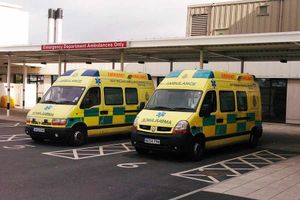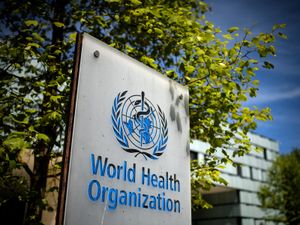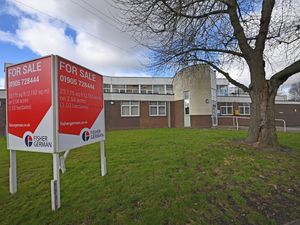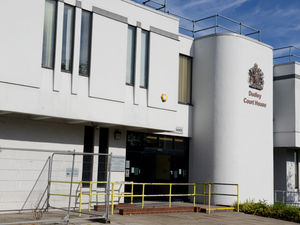West Midlands Ambulances to only attend patients whose lives are at risk during strike
Ambulances will only be sent to patients whose lives are under threat when paramedics go on strike next week in a dispute over pay.

Staff at West Midlands Ambulance Service will join other NHS workers including midwives, nurses, radiographers and other hospital staff on strike from 7am to 11am on Monday.
Members of nine unions will walk out over the Government's decision not to accept a recommended one per cent pay rise.
The planned walkout on Monday follows a four-hour strike on October 13.
Ambulance service bosses have agreed with the Unison trade union not to make up staffing shortfalls with private ambulances or to have more than 20 volunteer ambulance crews across the whole 5,000 square mile region - which includes the Black Country, Staffordshire, Birmingham, Shropshire, Worcestershire, Solihull, Coventry, Warwickshire and Herefordshire.
There will also only be minimal staff in the Emergency Operations Centres in Stafford and Brierley Hill, which take around 3,000 999 calls every day.
The latest strike will be followed for the rest of the week by action short of a strike, which includes measures such as not working unpaid overtime.
Assistant chief ambulance officer Mark Gough warned people to only dial 999 in life-threatening situations – or face a long wait for an ambulance the service could not guarantee would turn up.
He said patients who suffered falls or broken bones could have to wait up to four hours for an ambulance – but vowed an agreement had been put in place again so striking workers would come off the picket lines in cases of genuine emergency when there was no cover.
"We don't know exactly how many will decide to do it but we expect a significant amount of staff to strike and that it will cause a significant amount of disruption to the ambulance service," Mr Gough said.
"Last time 50 per cent of front line staff went on strike, in some areas it was as high as 75 per cent.
"We are expecting it to be worse than last time, the delays will be longer waiting for an ambulance, and in some cases people might not get an ambulance at all.
"There are contingency plans.
"We have got clinical managers answering 999 calls.
"Staff who should have been on training on Monday have been pulled off that and will be on duty, and of course there are workers who are not members of any of the unions who will be working as normal.
"But there is going to be significant disruption, there is no doubt about that.
"The public have an important part to play, and we would urge people not to dial 999 unless there is a real genuine life-threatening emergency."
Mr Gough stressed the dispute over pay was between ambulance staff and the Government.
He admitted bosses had 'sympathy' for their staff.
He added that chief executive Anthony Marsh had written a letter to Secretary of State Jeremy Hunt urging him to 'open the door' for talks.
Franco Buonaguro, West Midlands regional head of health for Unison, said: "NHS members don't take action often or lightly and moving to a second stage is not an easy decision.
"Staff are on average 10 per cent worse off than when the coalition came to power and this means their families are suffering and morale is hitting rock bottom. A well-motivated workforce saves lives so we need to cherish and support our NHS staff who work day in, day out caring for others."
Gavin Williamson, Conservative MP for South Staffordshire, said: "It is always disappointing when a constructive resolution is not reached.
"This government has increased health service spending but to achieve that it has meant difficult choices elsewhere."





